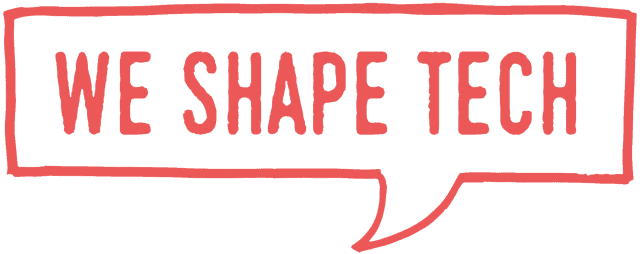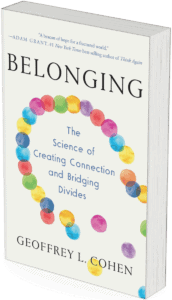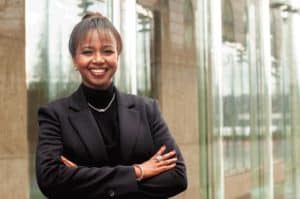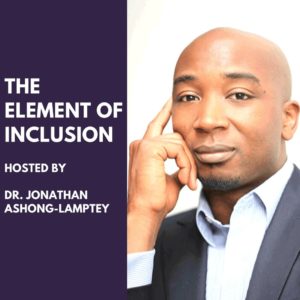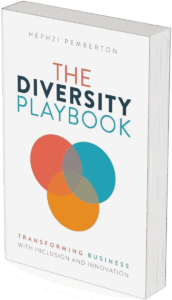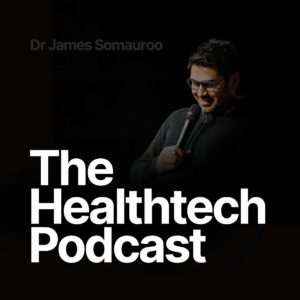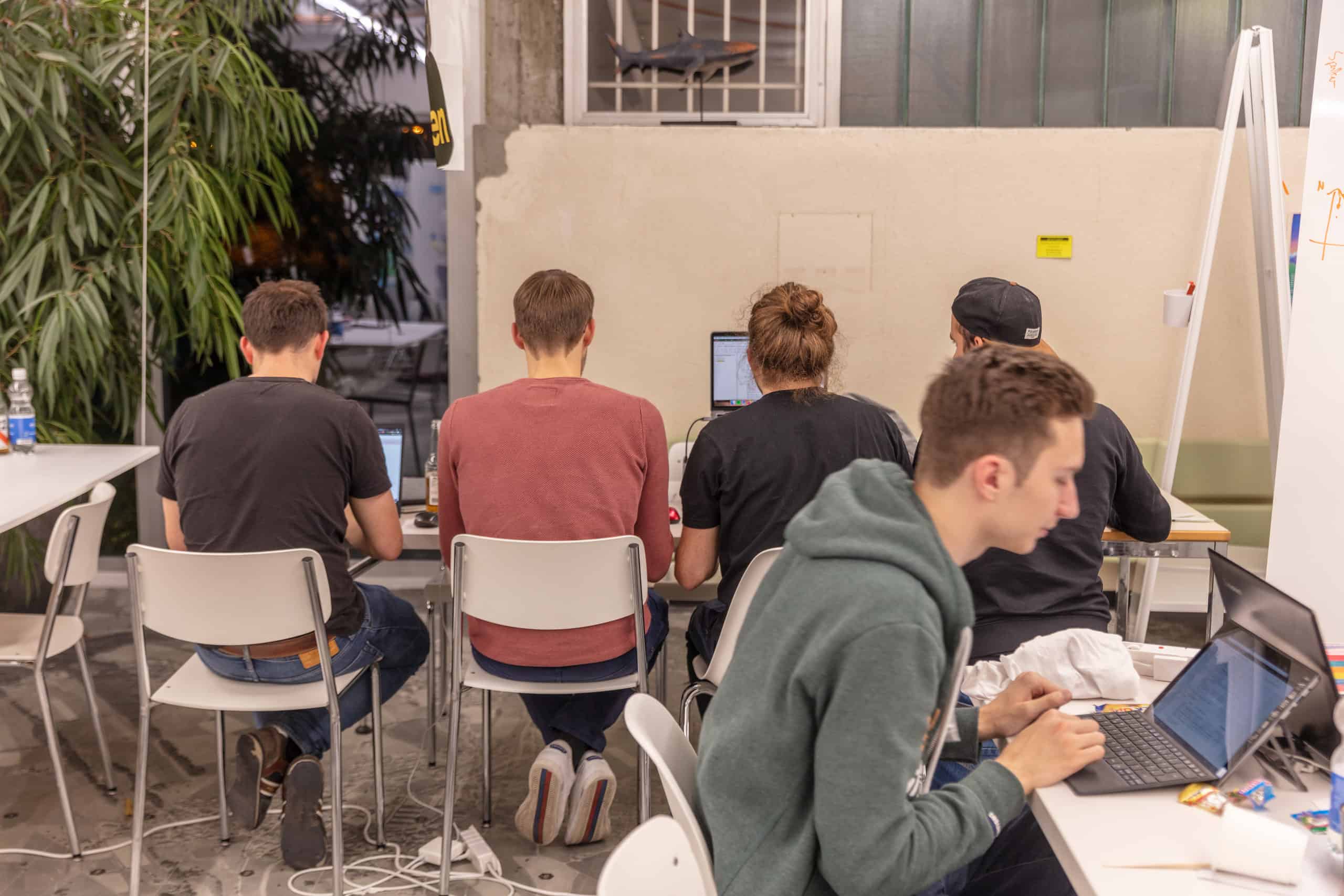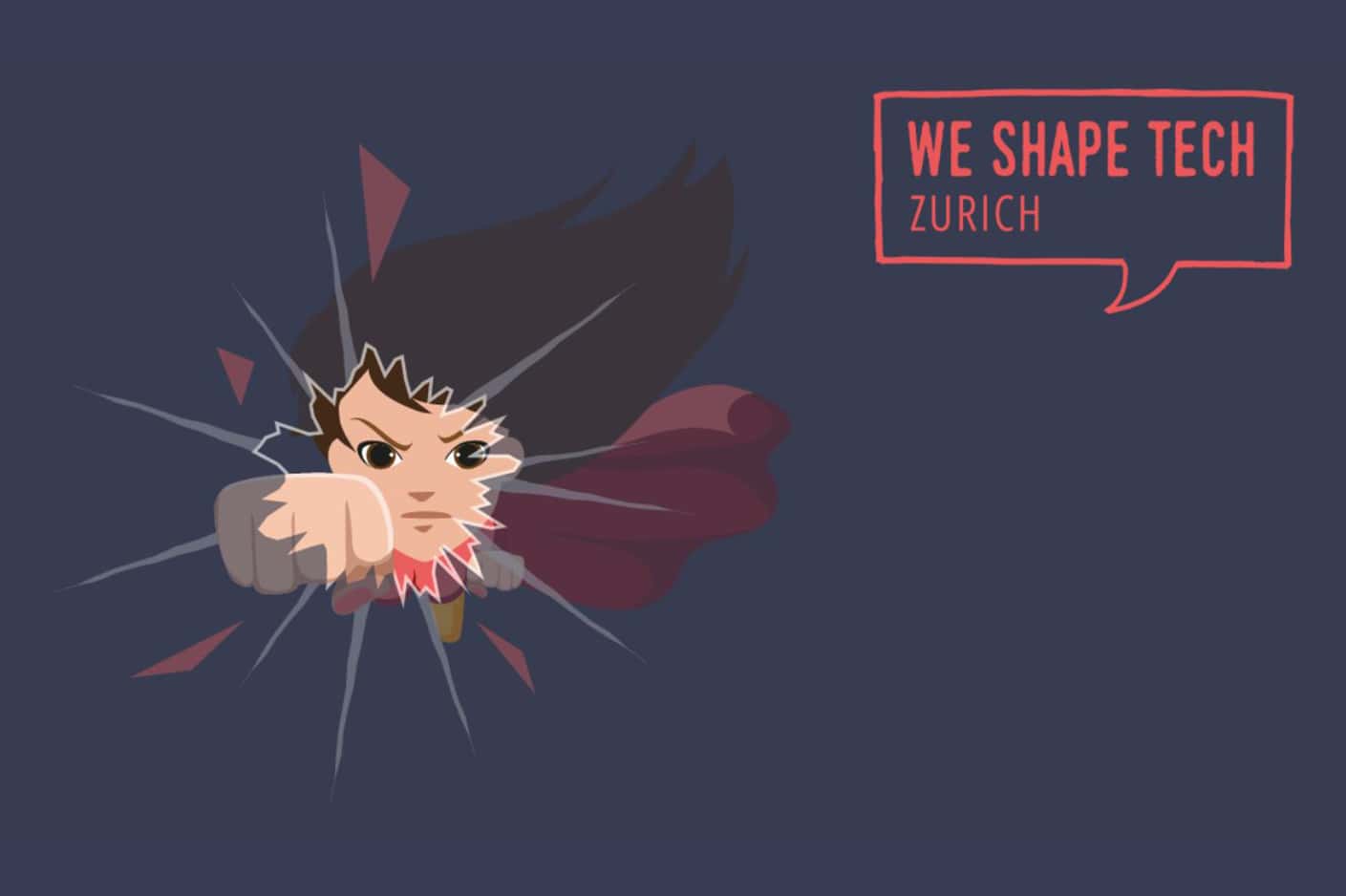Every month we ask one individual in our network a few questions about their way into tech, their motivation and their lessons learned.
Let’s start from the beginning. Tell us about where you’re from!
I’m 33 years old and grew up in Lucerne, but I have lived in Zurich (with an exception of 1 year in Berlin) since 2003.
What valuable advice did you get from your parents?
My mother, a Russian native, was always encouraging me to pursue my interests (playing chess, piano, music). It’s probably because of her that I’m very ambitious: never really satisfied with my achievements and always wanting to improve myself. One of the values my father taught me: is modesty, being humble. Even though I earned the highest degree in education, it doesn’t mean other professional backgrounds like doing an apprenticeship are less valuable than mine. I’m grateful for that.
How did you become interested in tech?
It started in 2008 during my last year of university, I began to read and contribute articles to one of the first political blogs in Switzerland, called ignoranz.ch. During my internship 2009 with the Swiss government I found a new platform www.politnetz.ch. They were looking for an community manager, so I applied at their web-startup. Those three years were the best experience of my life. I gained many valuable life lessons; it also shaped my professional career. I became more and more interested in the intersections of technology and politics. I graduated with a Master of Political Science, so I have always applied political lenses to technology trends and digitalisation.
What aspects of your work are you proudest of?
I don’t know why, but I seem to be one the few people in journalism and political science, in the german-speaking countries, who are interested in the influence of codes and algorithms on our democracy. It’s a topic I really care about and it has finally gained some popularity thanks to political events of the past few years, like the election of president donald trump –. I want to combine two different worlds: software and online-marketing on one side and political theory and philosophy on the other side. These kinds of interdisciplinarity are the driving forces of my journalistic work, and it’s the idea of my book “Smartphone-Demokratie”. I discovered a niche (tech journalism in combination with politics, society and culture).
What drives you at work?
There is still a lot to discover, to understand what is going on right now in the digital worlds. I want to learn and read much more about technical history, but I also want to learn to code (not only being a user of tools) – so I can really think about what are the criterions of democracy-friendly networks. Software, as we all know, is never neutral. I want to understand which kind of value decisions can be implemented in design. There is much for me to discover (projects, startups, and initiatives no one is talking about in the german media), and I want to cover these topics for the media (and be the first one, of of course ;-)).
What has been your toughest challenge you faced while working in tech?
There are still only a few people in media and political science who have this interdisciplinary approach. In Switzerland, especially, there is no discourse about these intersections of technology and culture and politics. Sometimes I’m too avantgarde with my topics for the German-speaking-audience, therefore, it’s a challenge to explain with a good sense of storytelling to raise awareness about these questions I care most.
What advice would you give other women in tech?
In my past a lot of colleagues told me my “niche” is not relevant, that it’s only attractive to a few readers. Among the editors I know, there weren’t many who supported these perspectives and topics Especially at the old media legacies, the structures are highly conservative and traditional (there are still departments driven by politics, economy, sports), so there was no space for me as an editor to push these kinds phenomenons it’s different in the UK and in the US. However, I have never given up in these last eight years and always believed in my journalistic work so I decided to realize my book project and gave up my old job in the newsroom.
Now there is so much interest and a high demand for experts in digital democracy, I get a lot of requests and invitations to speak. I now have the chance to continue writing at my new employer, the media-startup “Republik”. With this in mind, my first advice would be: if you’re convinced about your idea, one day it will gain “the momentum” and the acknowledgement it deserves. My second advice:

We should also give each other credit on social media and show our work (as male journalists do everyday).
